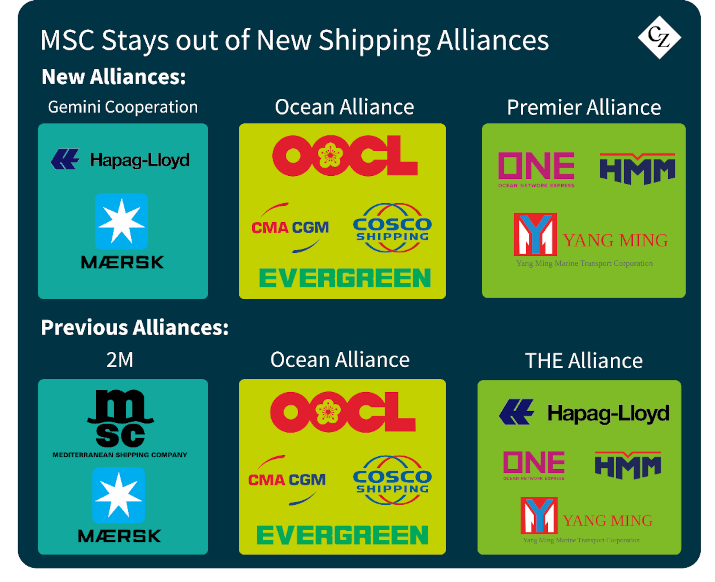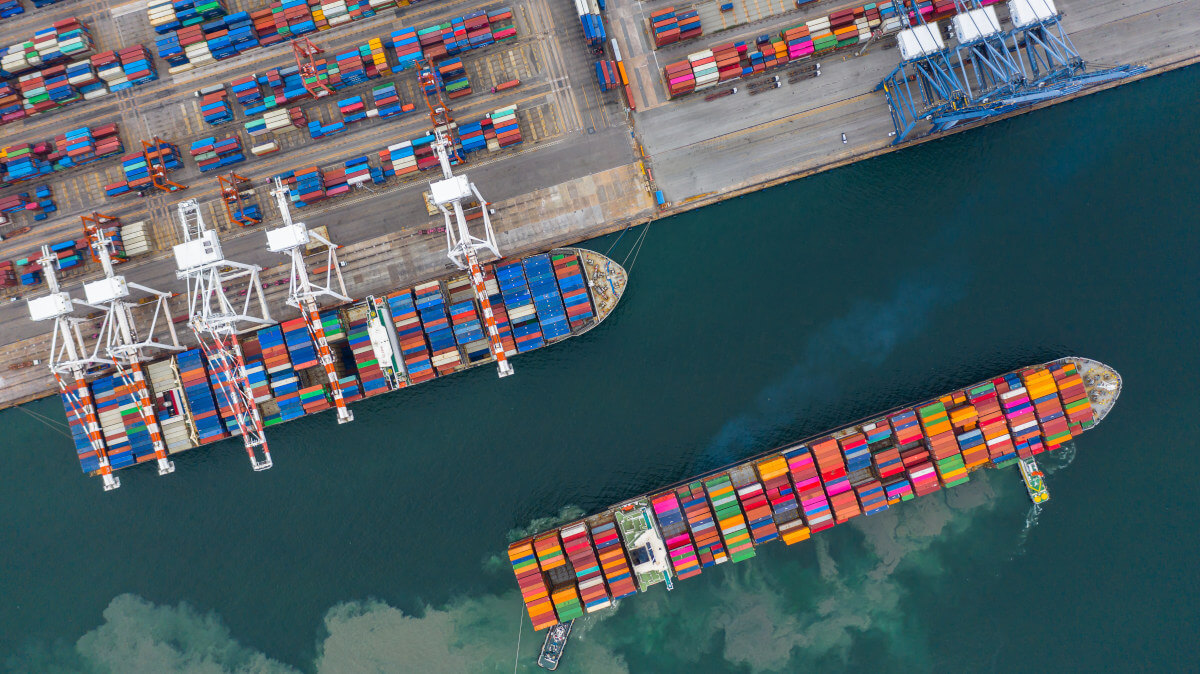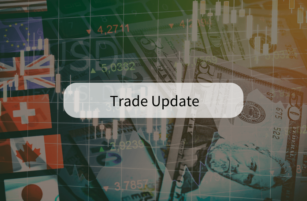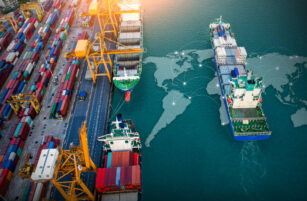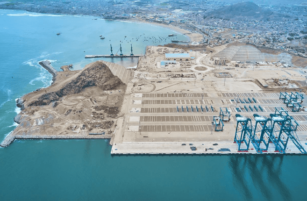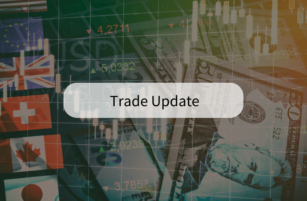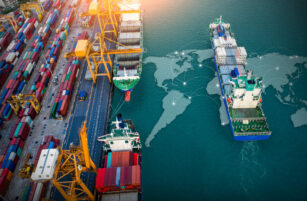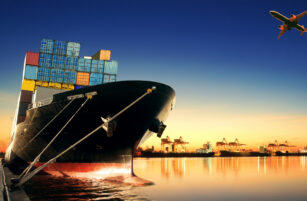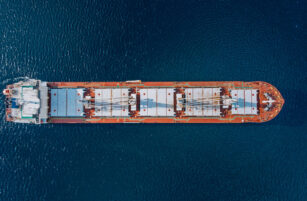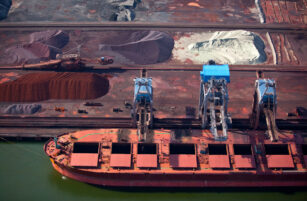Insight Focus
A major port deal is now central to US-China tensions. The agreement, valued at USD 22.8 billion, involves CK Hutchison, MSC and BlackRock, and aims to reshape the global shipping industry. However, political pressure from Beijing has cast uncertainty over the deal’s completion.
A blockbuster port deal between CK Hutchison, MSC and BlackRock is now at the centre of geopolitical tensions between the US and China. The agreement is valued at USD 22.8 billion and would be critical for the global shipping industry. However, Beijing’s pressure on CK Hutchison has cast uncertainty over its finalisation, highlighting the political stakes involved.
The Deal
In a blockbuster port deal, a consortium, including global investment company BlackRock and MSC’s port operating arm Terminal Investment Limited (TiL), agreed to acquire the international port and terminal operations of Hong Kong-listed CK Hutchison for USD 22.8 billion.
The consortium has secured a preliminary deal on the transaction terms and now has around four months to exclusively negotiate the final agreement.
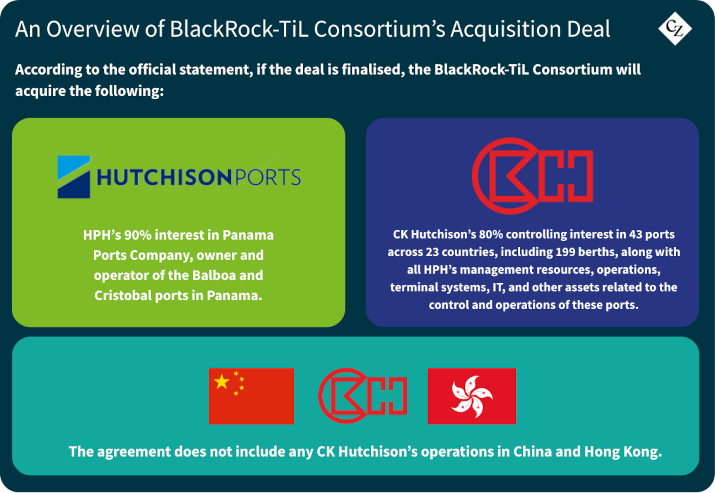
What Led to the Deal?
Although Frank Sixt, Co-Managing Director of CK Hutchison, asserted that the transaction is “purely commercial in nature and wholly unrelated to recent political news reports concerning the Panama Ports,” many shipping professionals viewed the move as a response to pressure from the Trump administration.
US President Donald Trump has repeatedly voiced concerns over Chinese influence in the Panama Canal, claiming that China has effectively taken control of its operations. “China is operating the Panama Canal, and we didn’t give it to China. We gave it to Panama, and we’re taking it back,” he stated during his inaugural address on January 20.
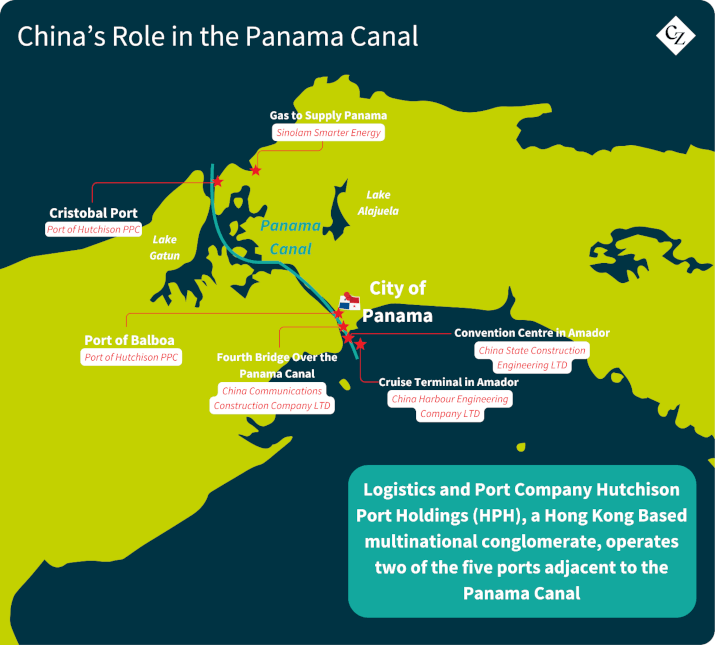
For many observers, this political pressure played a role in CK Hutchison’s decision to divest its overseas portfolio, including its operations in Panama. However, former shipping analyst Mark McVicar believes the decision was not made recently and argues that the move was not a direct reaction to Trump’s concerns.
He suggests that CK Hutchison had long viewed its international ports business as a cash-generating asset with minimal reinvestment over the past decade, making its sale a strategic decision rather than a sudden response to geopolitical tensions.
Chinese Concerns Threaten to Derail the Agreement
Recent developments suggest that the deal is not as secure as it initially seemed. Under pressure from Beijing, CK Hutchison has pulled back from the agreement, which is now under scrutiny.
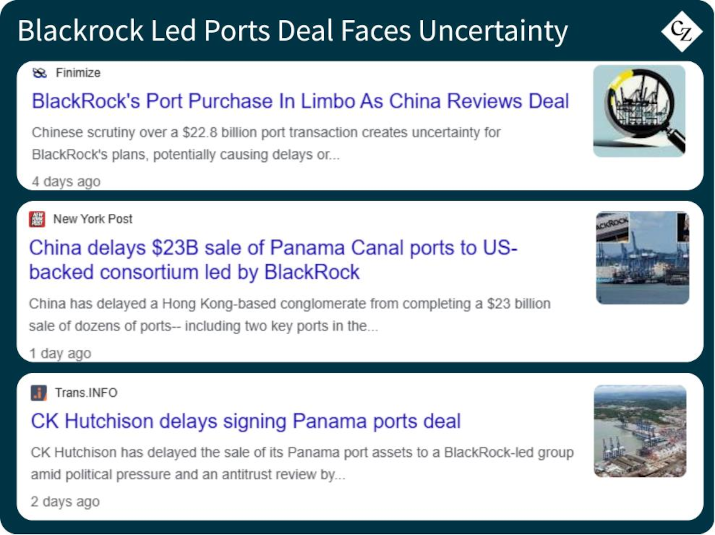
Originally scheduled for signing on April 2, the deal has been delayed by CK Hutchison. However, industry sources indicate that the postponement does not necessarily signal its cancellation.
China has exerted pressure on CK Hutchison, with local media accusing the Li family, which controls the Hong Kong-based conglomerate, of betraying Chinese interests. Meanwhile, the Chinese government has openly criticised the agreement. Foreign Ministry spokesman Guo Jiakun stated that the State Administration for Market Regulation will conduct a legal review to ensure fair competition and protect public interest.
Obviously, this megadeal extends beyond business, with significant political and geopolitical implications. The Panama Canal has recently become a focal point of US-China tensions, adding another layer of complexity to the situation.
Citing unnamed sources, The Wall Street Journal reported that Chinese President Xi Jinping was angered that CK Hutchison had proceeded with the deal without seeking his approval, as he had hoped to use the Panama Canal ports as a bargaining chip with US President Donald Trump, who has vowed to “take back” control of the strategically vital waterway.
What the Agreement Means for Shipping
If completed, this agreement would reshape the global shipping industry. MSC, the world’s largest container line by TEU capacity, would also become the leading global terminal operator. The MSC/BlackRock consortium’s acquisition of Hutchison Ports’ overseas terminals would propel MSC ahead of major global port operators, including PSA International, COSCO SHIPPING Ports, Maersk’s APM Terminals and DP World.
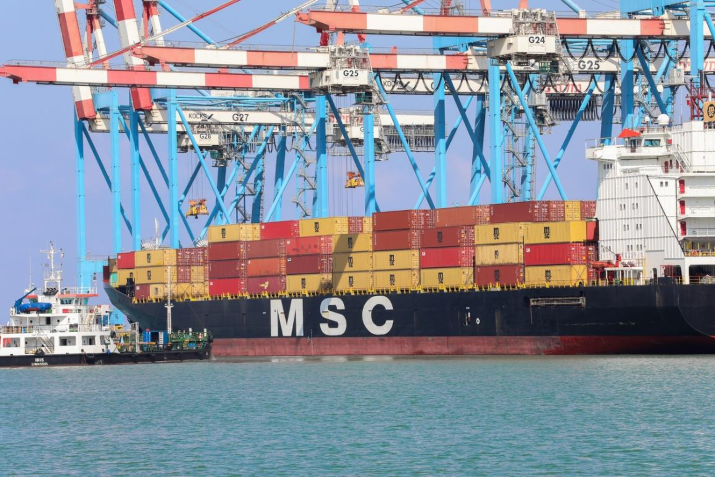
MSC’s dominance in both container capacity and port operations could provide the company with significant advantages over its competitors. Moreover, it would serve as a major boost to its bold endeavour to operate as the only major standalone ocean carrier, having chosen to stay out of the newly structured container alliances.
